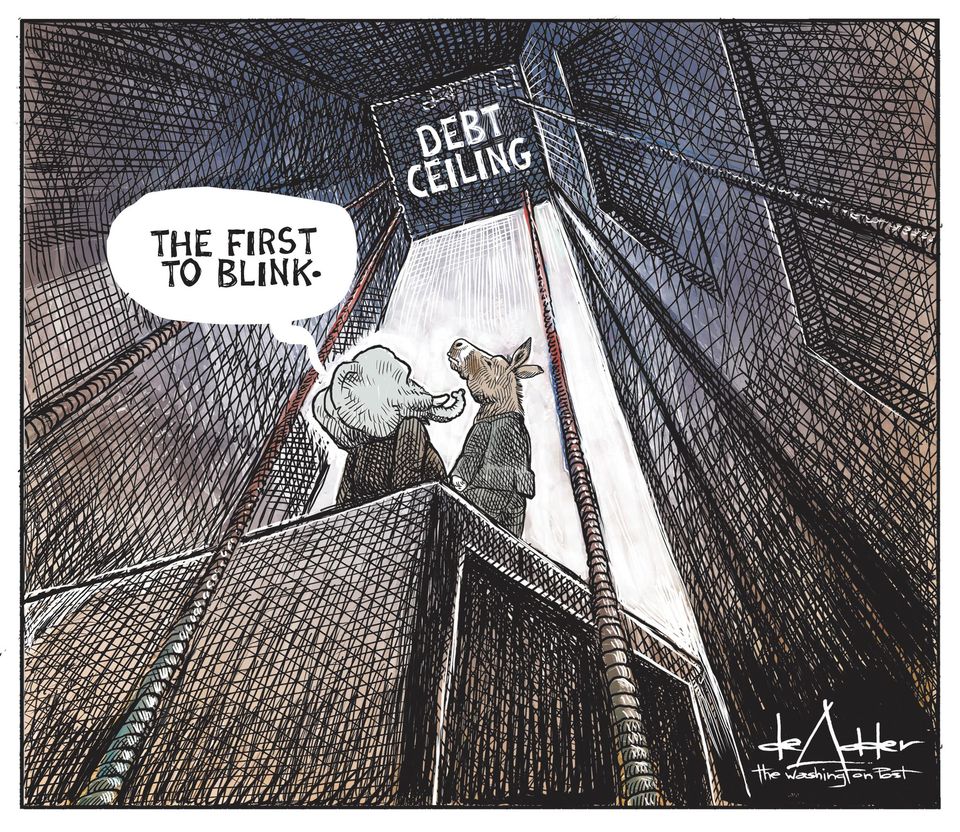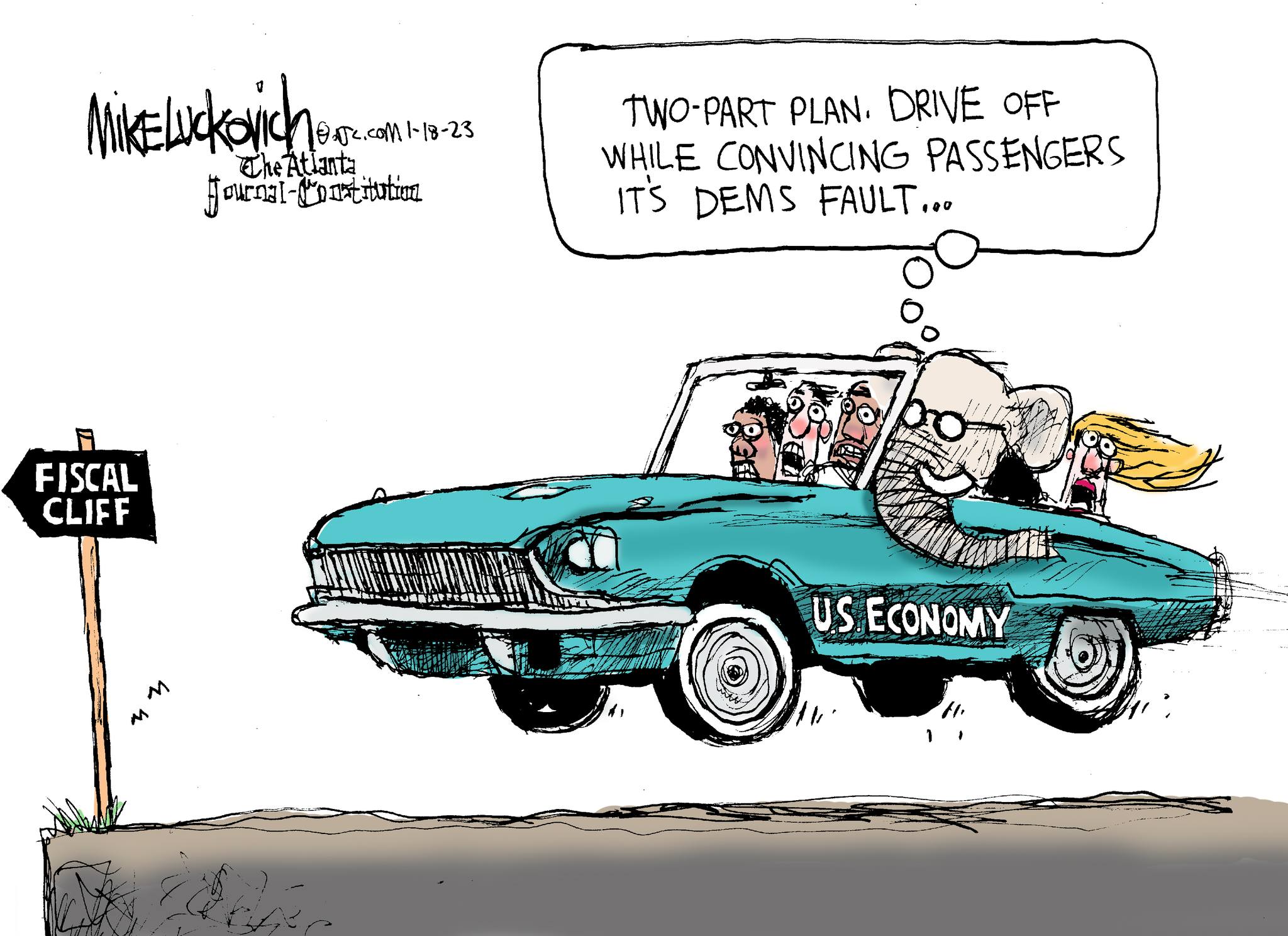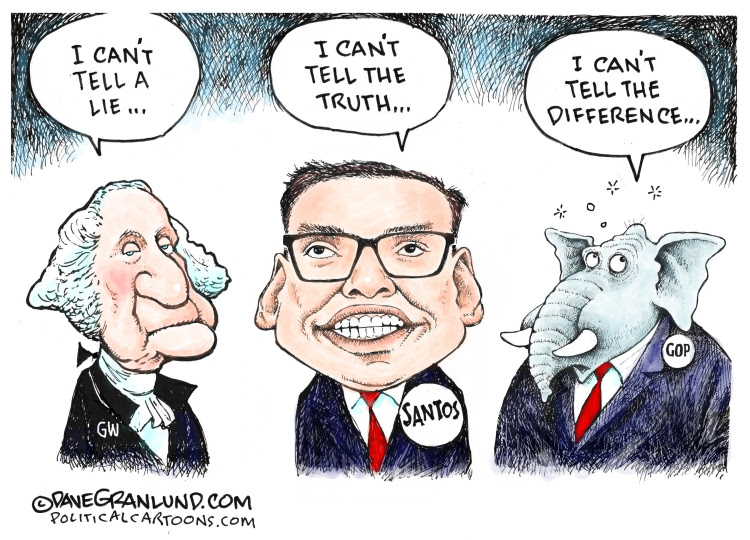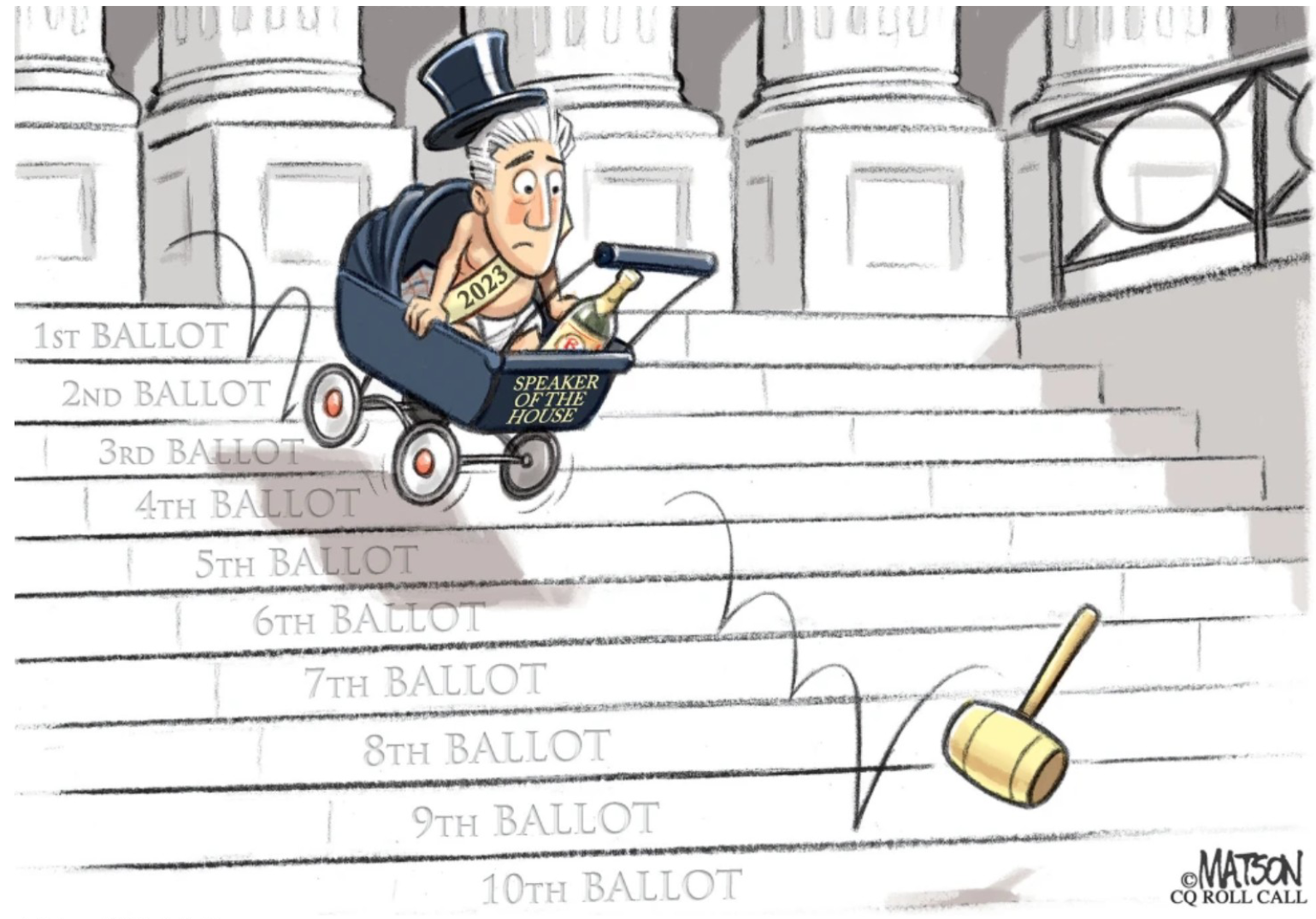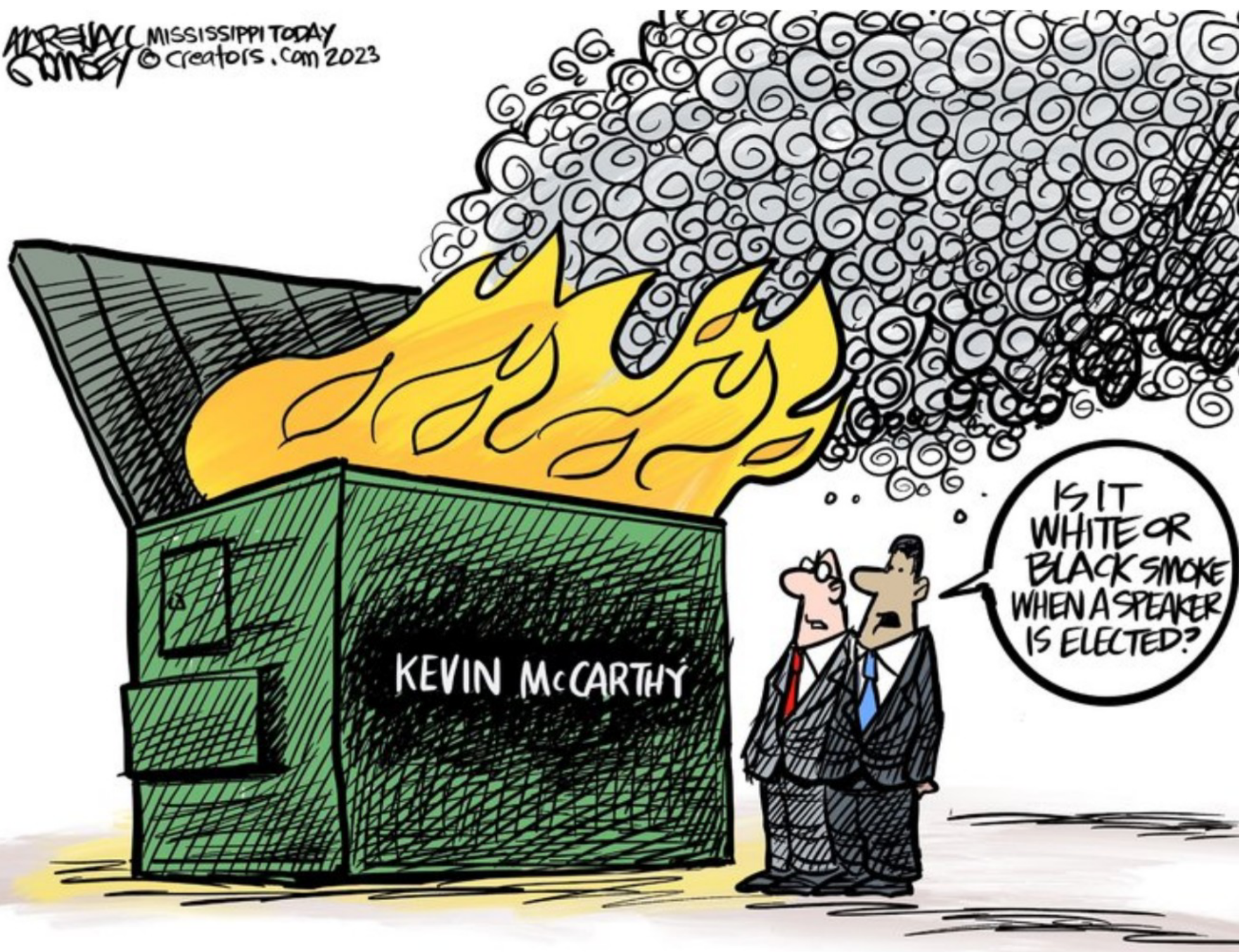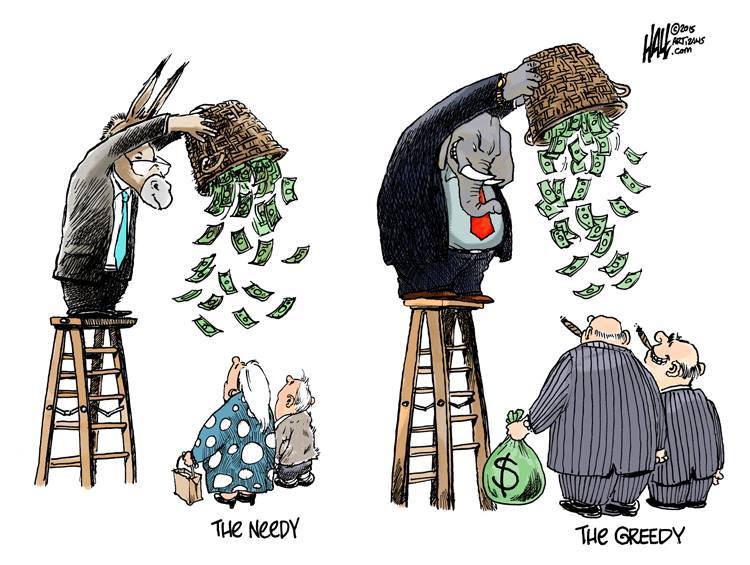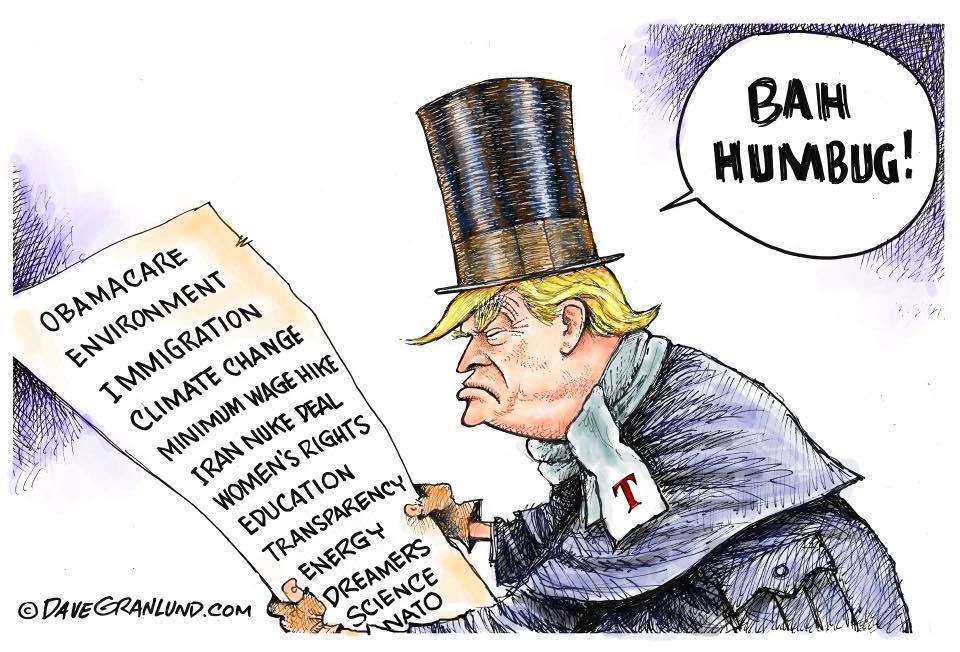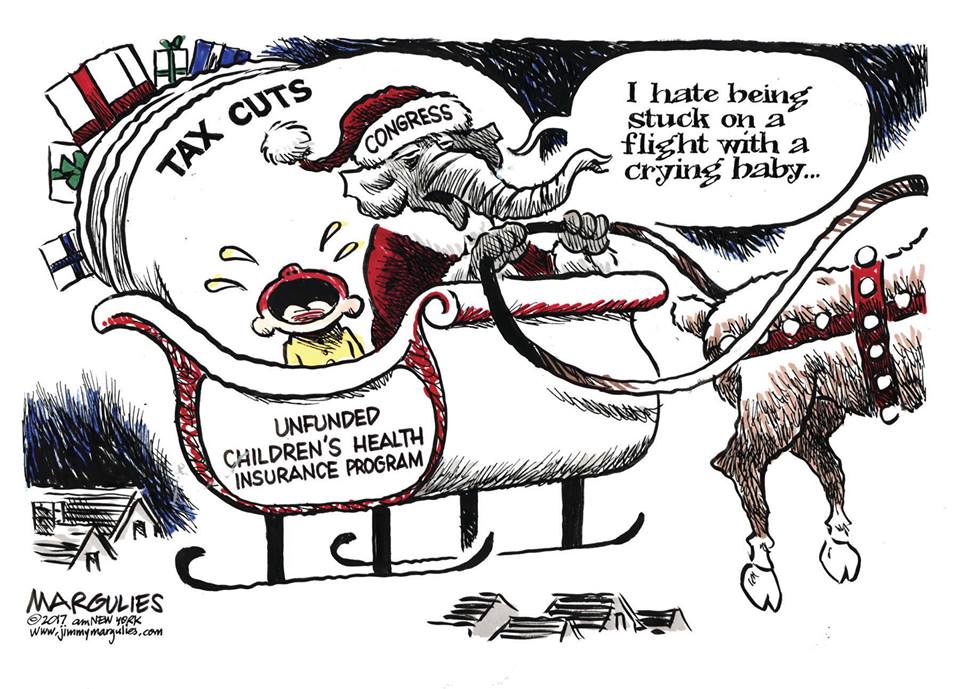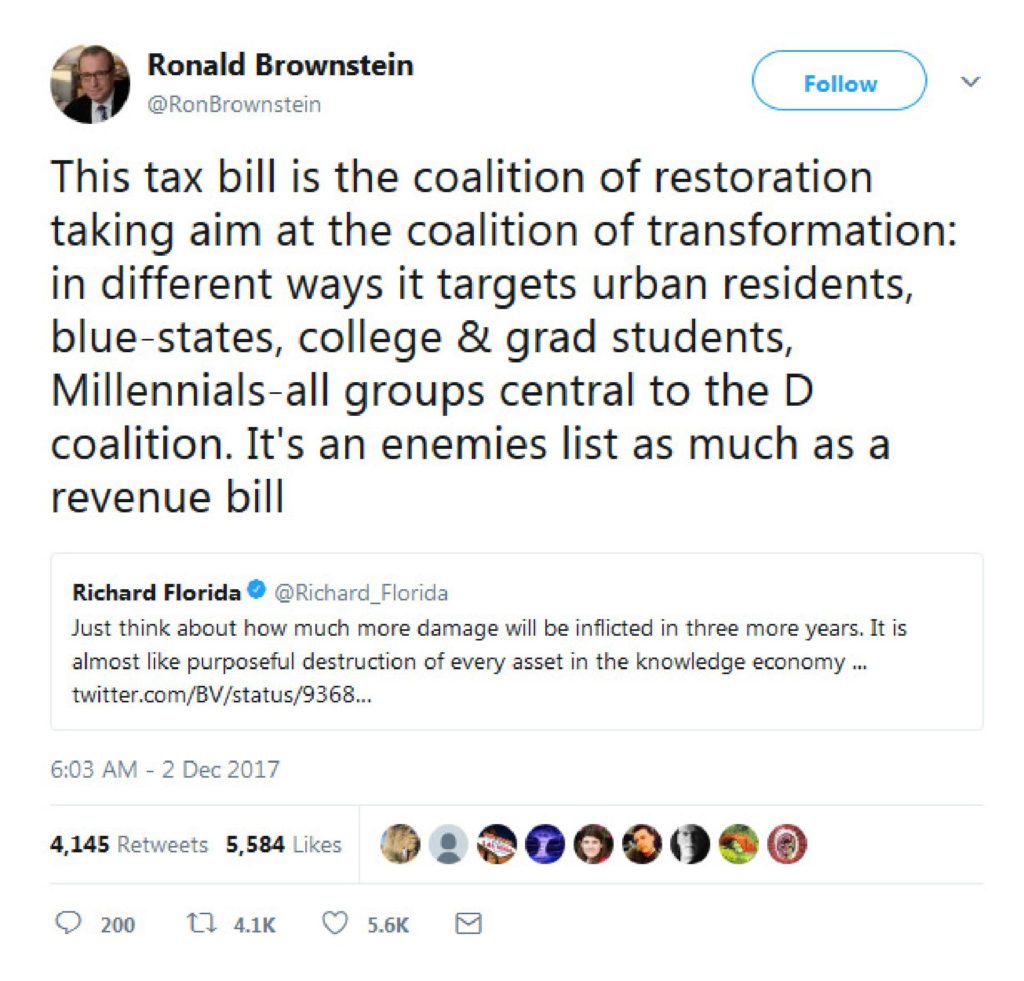The Daily Escape:

Wild Ocotillo blooms with Agave buds, Anza-Borrego Desert SP, CA – May 2023 photo by Paulette Donnellon
Yesterday, Biden met with the leadership of the Congress to discuss the debt ceiling and the dangers of default. Wrongo is writing this before we know what if anything concrete, comes out of that meeting.
This is the third time in twelve years that a Republican House majority has tried to use the debt limit to extort a Democratic president into adopting policies that the GOP failed to enact through normal political means. This time around, like the past two times, Republicans say they want spending cuts, but as Nate Cohn wrote in the NYT:
“The 2022 midterm campaign didn’t show evidence of a resurgent conservative passion for spending cuts either. The debt-deficit issue had such a low profile in the national conversation that a question about it wasn’t even asked in exit polling.”
But absent real news, let’s take a look at the Republican position as outlined in the bill McCarthy and the GOP passed in the House. They’re pushing to pair $4.5 trillion in spending cuts over a decade with a one year, one time, $1.5 trillion increase in the debt limit. Their plan achieves most of its savings with spending caps for discretionary spending — the part of the yearly budget that isn’t automatic (like Social Security payments) — but it doesn’t say which discretionary programs should be cut and which should be spared.
Their plan caps government spending at last year’s levels. This would be a decrease of ~ 9%. A yearly increase is capped at 1% annually for the next 10 years. This action would save approximately $3.2 trillion. They haven’t offered any detail about where the cuts would come from, and there is no inflation adjustment to the spending cap.
But since the GOP has said it plans zero cuts in the defense budget and that there will be no cuts for veterans or for border security, cutting everywhere else will be very deep. The NYT estimates that if those programs remained untouched, the GOP plan would cut the balance of federal spending by an amount of a 51% cut across the board.
Seems unrealistic.
Social Security checks could still be issued because a 1996 law provides a means of circumventing the debt limit. It allows the Treasury Department to pay Social Security benefits, along with Medicare payments, even if there is a delay in raising the debt ceiling. It allows for the Social Security and Medicare trust funds to be drawn down to keep those benefits flowing until the debt limit is raised, and the trust fund replenished. It also prohibits those funds from being used to pay for any other government programs.
In the past, the usual political rhythm of fiscal crises is that the GOP House stumbles around for a while, and then, right before the deadline, Senate Republicans and Mitch McConnell come off the sideline. They cut a deal with the Democratic president and pass the deal in the Senate with a big bipartisan majority. They then leave town with the hot potato squarely in the Speaker’s lap.
It’s questionable if this will happen in May, 2023.
Biden should address the nation after the Tuesday talks. How about an oval office address that lays out the facts, along with a call to action: Call your representatives and tell them to pass a clean debt limit bill. He could detail for the American people the cuts the GOP are demanding in return for raising the limit. He could also say that he is willing to negotiate in good faith on the budget with House Republicans as long as the debt ceiling is a separate matter.
The compromise might be to have a temporary debt ceiling increase to allow both to move forward together. Sadly, for McCarthy and the House Republicans, default seems to be preferable to compromise.
This is zero-sum politics with the highest stakes. At the end of the day, all paths lead to the same place: The US will need to find a way to pay the bills it has incurred as they mature.
The question is how much damage will have happened along the way.



